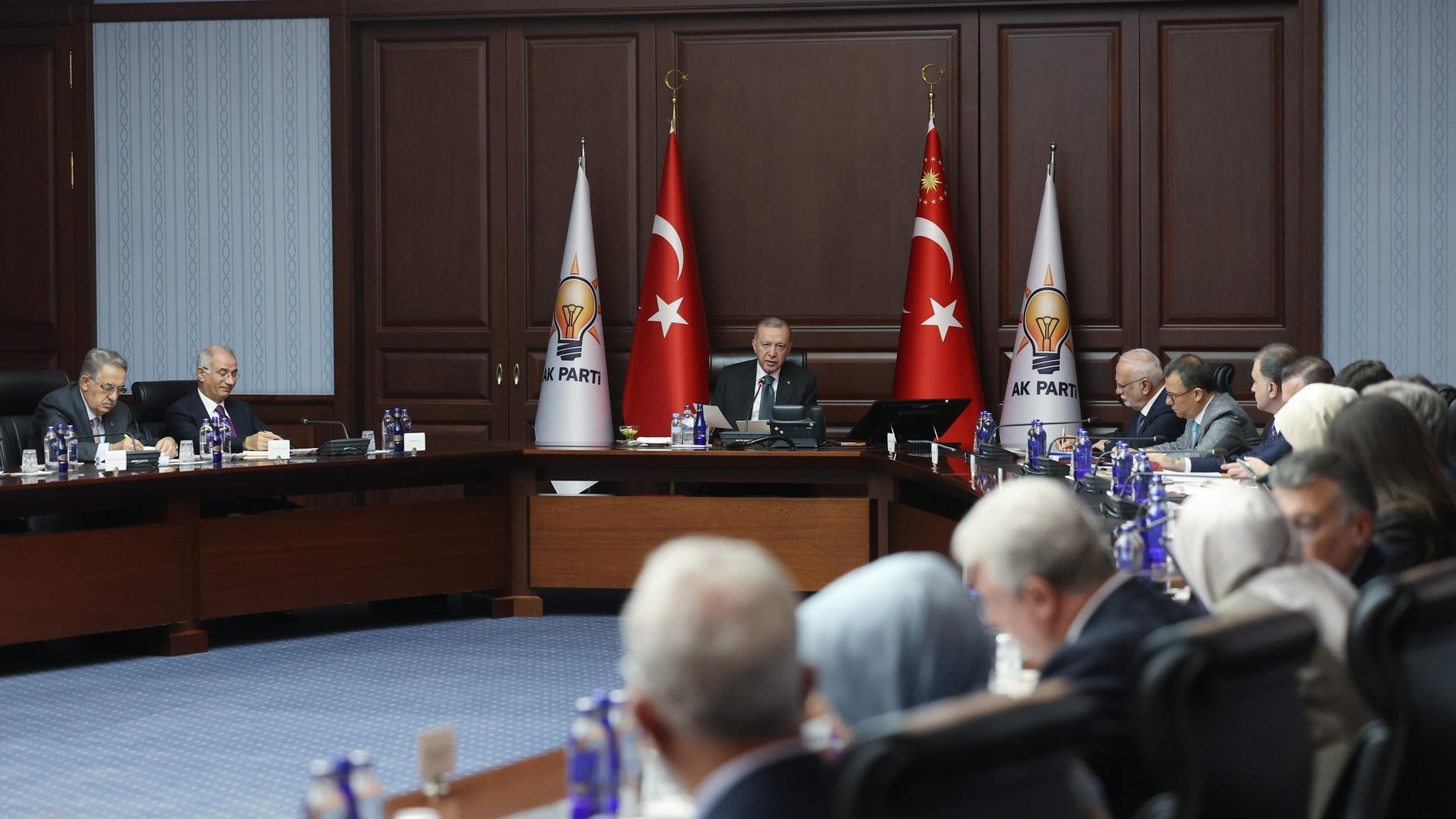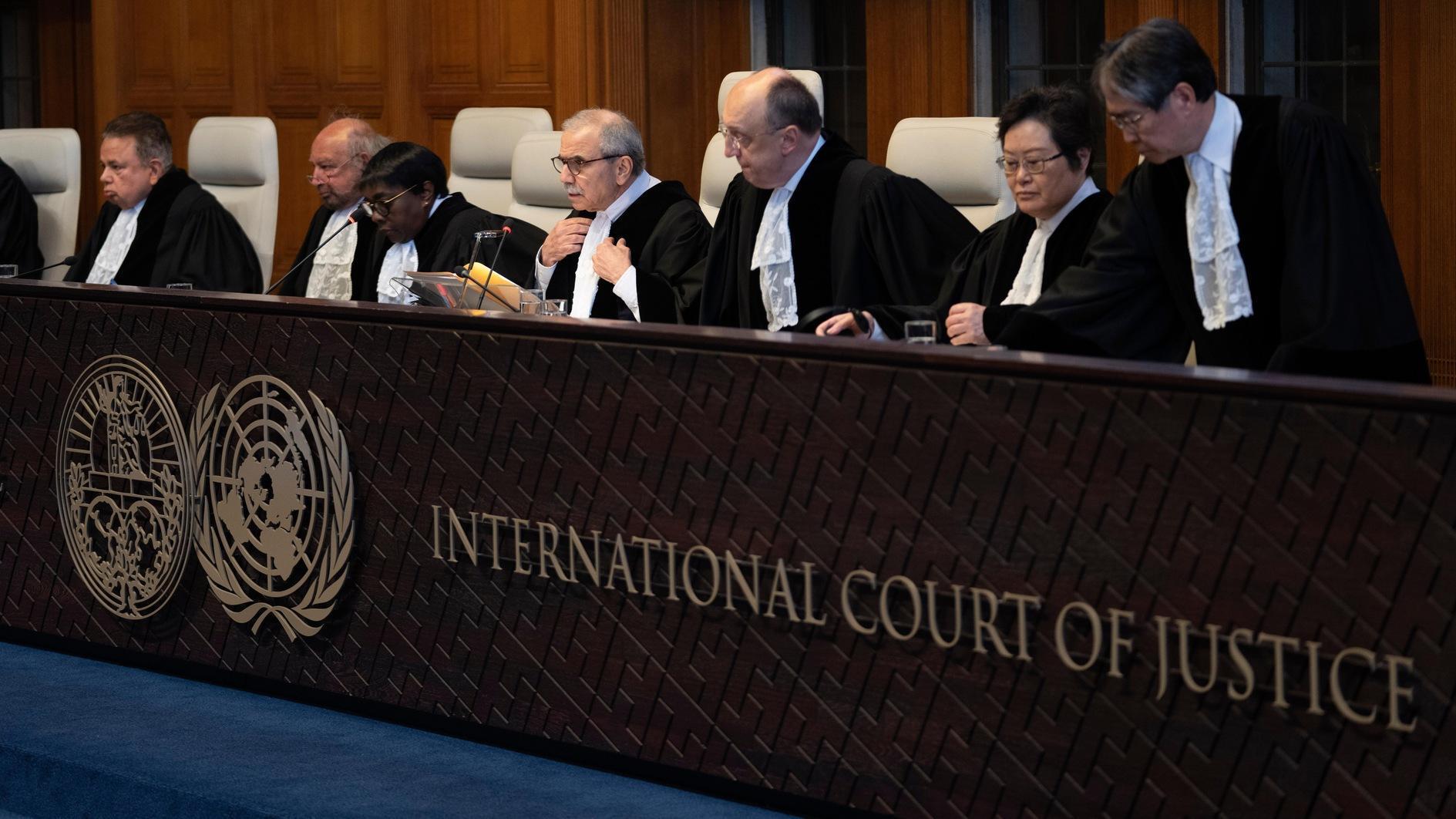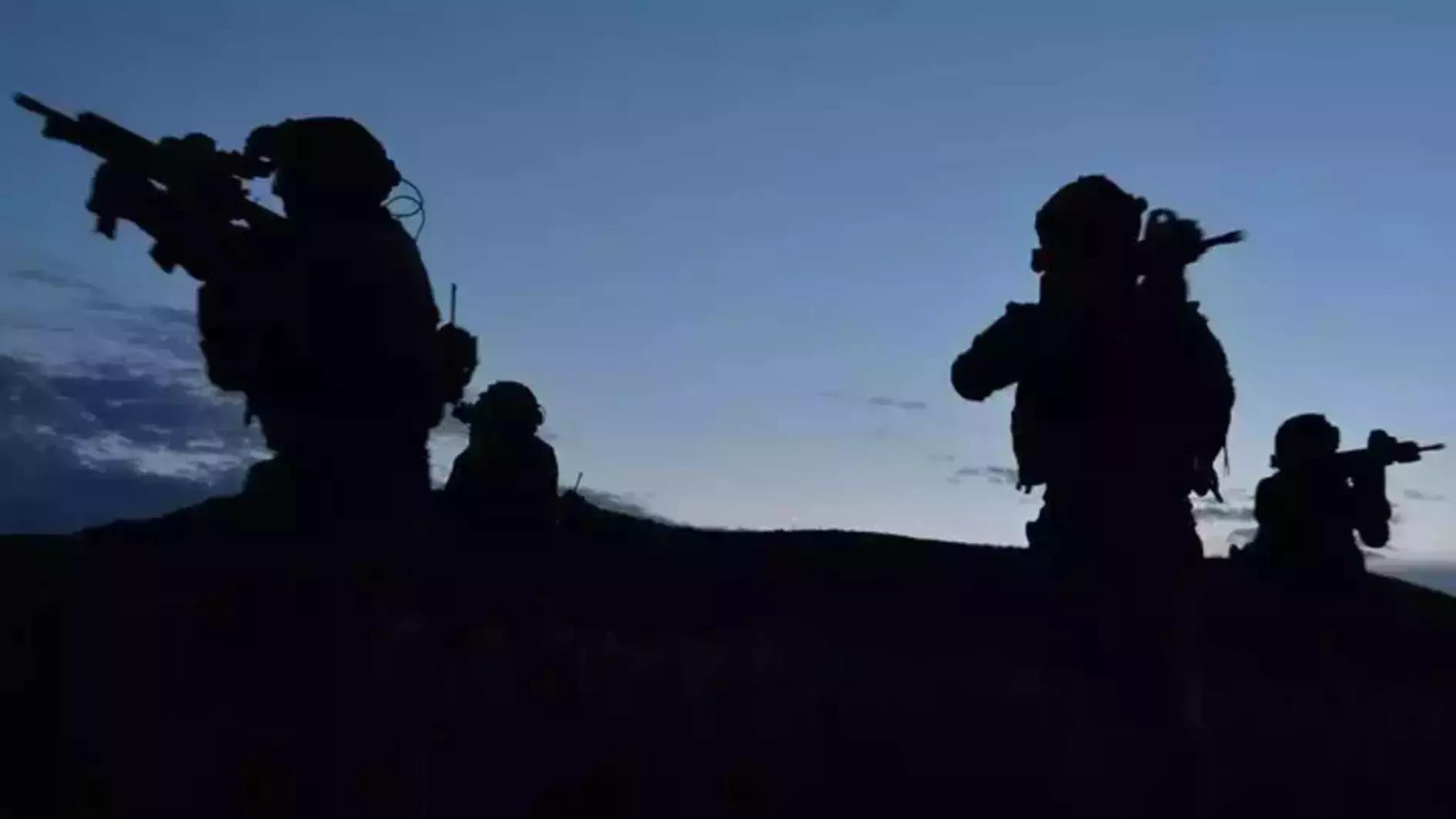It is not only about the EU connection
The Ukrainian government’s decision to suspend the Association Agreement with the EU on Nov. 21 started a series of protests around country. These are the largest protests since the Orange Revolution in 2004. The biggest crowds are gathering again in Independence Square (“Maidan Nezalezhnosti”) in downtown Kiev, where the protests leading to the 2004 revolution took place. The number of the protesters has grown in reaction to the violent crackdown of the police over last weekend, and now hundreds of thousands of people are gathered at the Maidan not only to support the EU process, but also to demand resignation of the president and the government.
The pace of EU-Ukraine relations was boosted following the Orange Revolution, but slowed down significantly after the election of current President Victor Yanukovich in 2010. The negotiations for the Association Agreement, including a Deep and Comprehensive Free Trade Agreement, were expected to be finalized at the Eastern Partnership Summit in Vilnius on Nov. 29. But it didn’t happen, and Yanukovich turned decisively to Russia to save the day.
Ukraine has been squeezed between the EU and Russia for some time now; and the EU’s demands, in addition to Russian pressures, were instrumental in the failure. Beyond political and economic reforms, the EU demanded the release of the opposition leader Julia Timoshenko - who was jailed in 2010 on charges widely believed to be politically motivated - as a precondition for the agreement. Having accomplished many reforms for the sake of the EU process, Yanukovich does not wish to risk his political career by relying too much on the EU, so the country demands closer relations with Russia instead. Besides, he now sees Timoshenko as a serious contender in the 2015 presidential election.
Russia, on the other hand, has viewed every Western move into the post-Soviet space as an existential threat since the so-called colored revolutions. In response to the attempts by the EU and NATO to build up closer relations with the countries in the region, Russia, to sustain its influence in the post-Soviet space, has developed various projects, such as the Eurasian Custom Union with Belarus and Kazakhstan. Armenia has recently agreed to join and Russia has been insisting on Ukraine joining too, instead of signing an agreement with the EU. To persuade Ukraine, Russia did not shy away from using its economic and energy cards. Over the summer, it banned imports of some goods from Ukraine and imposed new and difficult regulations for many other goods originating from Ukraine. It also threatened the Ukrainian government with cutting off of natural gas in winter or increasing its price as a punitive measure. Ukraine, which is heavily dependent on Russian gas and faced Russian punitive measures twice before, could not ignore such threats. In the end, after Yanukovich backed down from signing the agreement with the EU, Russia offered a generous loan and reduced the gas price.
The current unrest in Ukraine not only relates to Ukraine’s future anymore; it is a battle for the soul of Ukraine between Russia and the West. Russia has already shown the seriousness of its intention to claim and maintain its dominance in its near abroad with the Russian-Georgian war of August 2008.
Following Armenia’s decisions to join the Eurasian Custom Union in September 2013 and now Ukraine’s decision not to sign the agreement with the EU, the West lost precious footholds in the region.
However, this is not the end of the story for Ukraine yet, where thousands are still protesting. In a country where such crowds once managed to change a government, the end result is not a foregone conclusion, and the final result of the tug of war between Russia and the West is yet to come.











